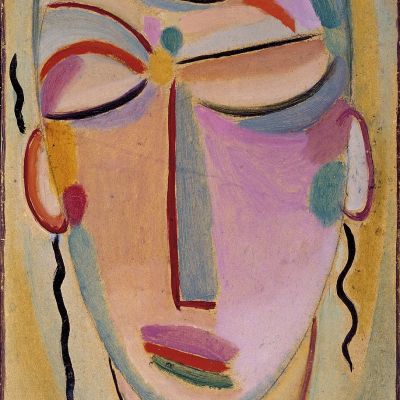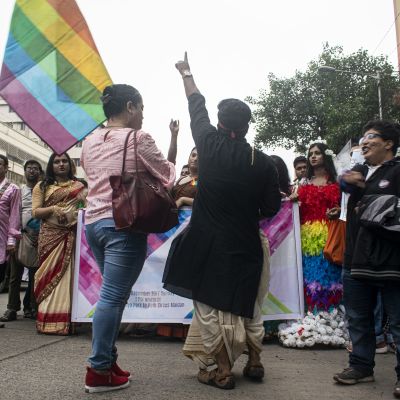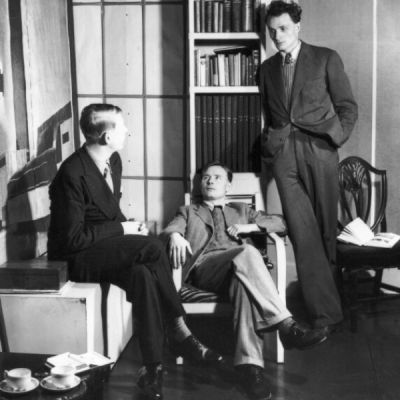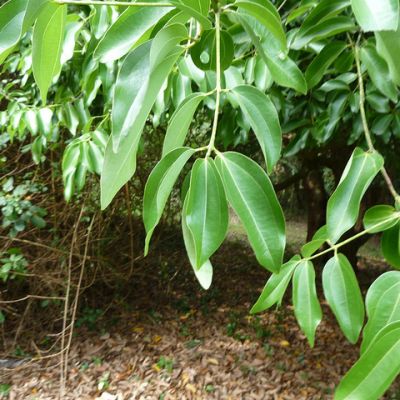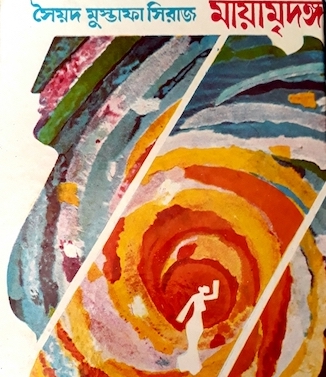Kaustav Bakshi
It wasn’t that she had never heard of homosexuality; but, in her imagination, gay men and women were an exotic species, not real people who could, perchance, be fellow passengers on a bus, fellow shoppers at a mall, or a fellow beginner in a meditation class.
On the other hand, in Abhay’s newly discovered wonderland, everything seemed to be awfully right. Soon, he began receiving proposals for sex-dates. Initially such proposals shocked him; for it took him a few months to get used to the fact that sex with men was only a click away.
New losses, new challenges Elizabeth Bishop, the Pulitzer Prize winning American poet, whose love affair with Lota de Macedo Soares…
In Nacher Chhele, a 38 year old Avijit stands outside himself, takes a long look at his past, and writes an intense testimonio, which would resonate with many middle class Bengali queer men who grew up in the pre-global, pre-Internet city of Calcutta in the 80s and 90s.
In my opinion, Ghosh was in search of a language of cinema which could be adequately expressive of queerness; he was slowly moving towards inventing that language, which would not be alienating to his conformist audiences, yet, would be intelligibly pleasurable to his (informed) queer viewers.
Friendship has always remained a thinly coded term for same-sex love within queer discourses, and early writings in favour of…
Cinnamon Gardens, looking back on the early twentieth century, reveals the trauma of queer lives, in a country where queerness, family and the state are still irreconcilable with each other.
Māyā Mridanga infinitely problematises the nature vs. nurture debate that is central to sexuality studies. The novel seems to suggest that a certain kind of male body – feminine, smooth, shapely – is the ideal raw material for making a chhokra out of a biological man. Ustaad Jhaksa, whose life the novel documents[2], repeatedly emphasises on this act of nurturing, moulding and pruning of a feminine male body for which he has fatherly affection as well as a lover’s lust.

